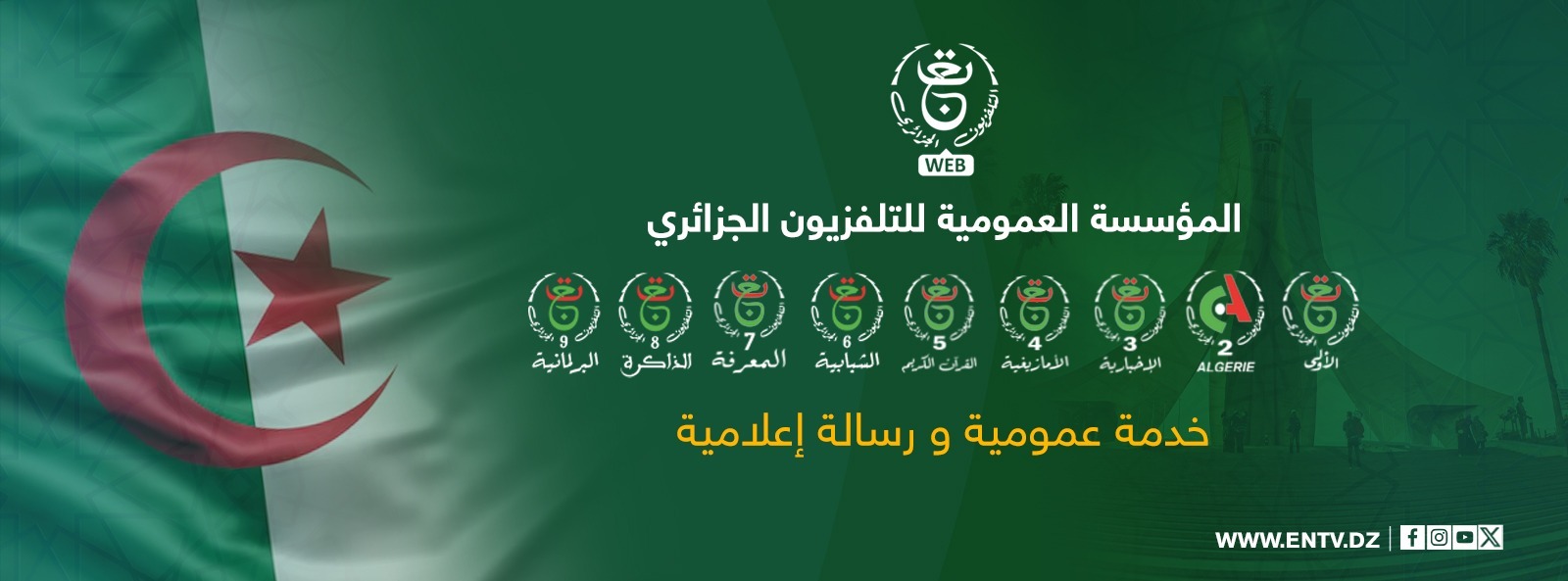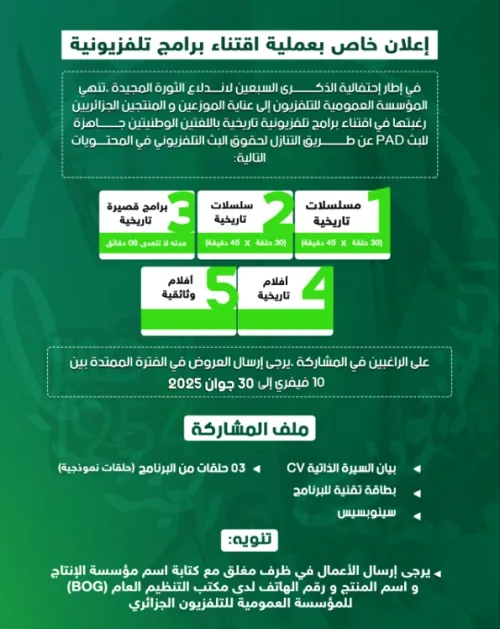A recent United Nations Security Council session convened under the theme “United Nations: Reflections on the Future,” has reignited longstanding debates about the organization's structure and efficacy, with Algeria articulating a sharp critique on behalf of African nations and echoing broader global sentiments for change. The session served as a platform for multiple member states to demand substantive reforms to make the international body more just, representative, and effective.
The calls for reform, while united in their ultimate goal, highlight the complex geopolitical fissures and competing interests that have made progress on this issue so elusive.
Algeria's Stance: A Call for Justice and Representation
Algeria’s Permanent Representative to the UN, Ambassador Amar Benjamaa, served as a primary voice for institutional reform. His arguments centered on several key points that reflect the frustrations of the Global South. Most significantly, he framed this not as a mere procedural update, but as a moral imperative to "correct the historical injustice against Africa."
By explicitly invoking the Ezulwini Consensus and the Sirte Declaration—Africa's common position on UN reform which demands at least two permanent seats with full veto powers—Algeria positioned the continent's claim as non-negotiable.
For any reform to be credible, Benjamaa asserted, it must have the "legitimate aspirations of Africa for full representation" at its core. He delivered a stark critique of the "selective approach to international law and double standards" that, challenge the full implementation of the UN charter .
A Broader Chorus for Change
The session revealed a convergence of voices from other nations, each underscoring the urgency of reform. Somalia, for instance, expressed "deep concern" over the Council's "outdated" structure, pointing to its paralysis in conflicts like Gaza as a "clear demonstration of collective failure." Similarly, representatives from Kuwait and Tunisia joined the call, emphasizing the need to end selective application of the UN Charter and ensure stricter adherence to its principles, particularly in Arab affairs.
UN Secretary-General António Guterres also emphasized the urgent need for reform, stating that the Council must reflect the "true balance of the world" and not be an instrument for "hegemony or empires." He called for an expansion of the Council's membership to include permanent representation for Africa, Latin America, and the Asia-Pacific region.
The session aligned with the vision of UN Secretary-General António Guterres, who had previously launched the "UN 80" initiative aimed at strengthening and streamlining the UN system, which includes exploring structural reforms .
An Unavoidable Challenge
The statements from the recent Security Council session reveal that the pressure for UN reform is both persistent and intensifying. The arguments presented by Algeria and other nations—focusing on historical injustice, outdated structures, and selective application of international law—are gaining renewed traction. As the organization reflects on its past 80 years, the central question remains whether it can evolve to reflect the realities of the 21st century or remain constrained by the power dynamics of 1945.
In conclusion, Ambassador Benjamaa reaffirmed Algeria's "steadfast commitment to the principles and purposes of the UN Charter and its readiness to work with other Member States to build a stronger, more just, and more effective United Nations for current and future generations." He posited that a future guided by "renewed solidarity and multilateral cooperation" is the only viable path forward, one that prioritizes "dialogue over confrontation, consensus over division, and justice over selectivity and double standards."
Taferguennit Sabrine











